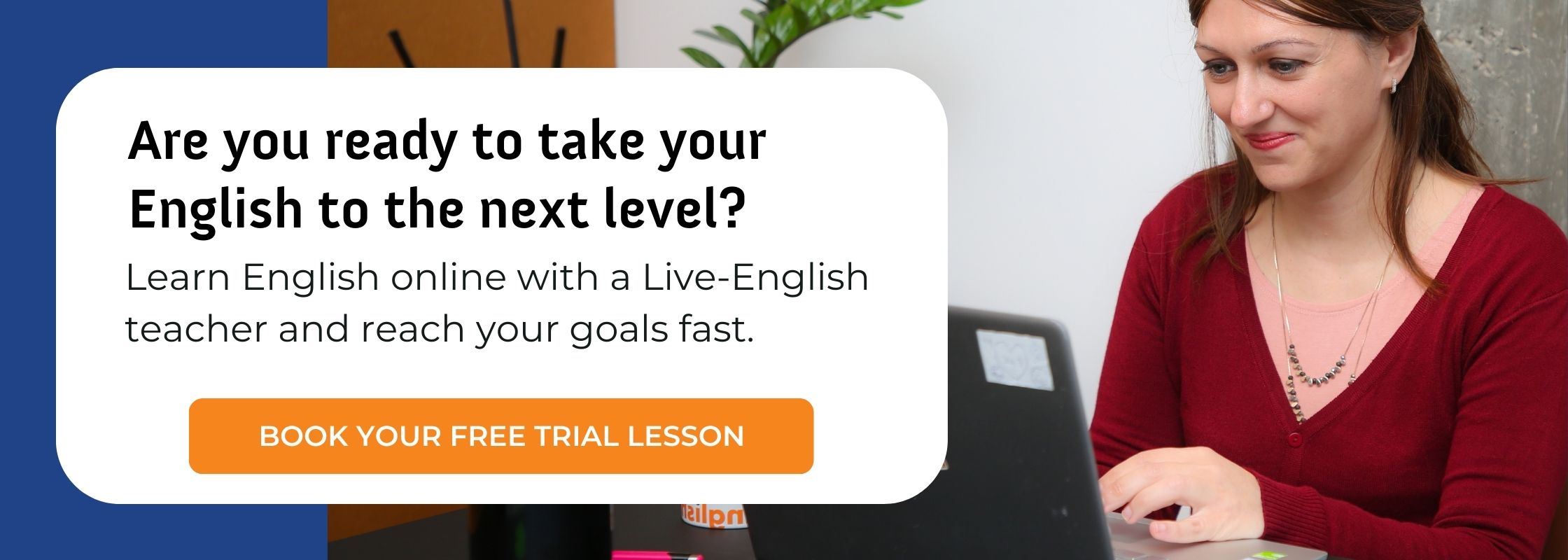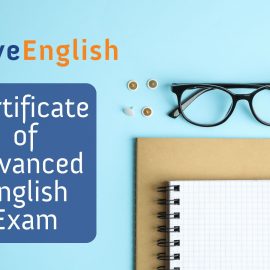
IELTS is a popular exam for people who want to live, work or study in an English speaking country. Good results come from good training so here are some ways to train for this event.
IELTS speaking
Part One: Introduction and Interview
Write three-minute speeches and practice speaking for three minutes on each of the following topics:
- My home town
- My family
- My childhood
- My hobbies
- My job
- My home
- My pets
- My future
- Why I study English
- Why I chose my career path
Three minutes on each topic will be longer than you need for the 4-5 minute test but it is important to get into the habit of speaking in longer answers. A yes/no answer will not get you very far in this part of the test.
Practice ways to ask for clarification. If you can handle this kind of situation easily, you may not lose points for not understanding or not knowing the vocabulary. If you face this situation, relax. A calm mind will help you to figure out what the examiner is trying to ask you. More practice means you will be less nervous.
Part Two: The Long Turn
You will have one minute to think about what you want to say. You can and probably should write notes to remind you of things that you can talk about. A good way to do this is using a mind map. Write the topic in the middle of a page and draw a circle around it. The subtopics should branch off this main topic. Then you can list your points under each subtopic.
Do not rush through your ideas, try to talk about each one completely before you move onto the next and try to find ways to connect the ideas that you are talking about or at least have a logical order for them. Try to use phrases that structure your answer like, firstly, secondly, another good reason .., so in conclusion, finally, etc.
Practice lots of example questions before you go in. This will help you to feel more at ease when constructing your answers but again, relax and speak clearly.
Part Three: Two-way discussion
One really important skill to practice for this part is thinking words. Each culture has words that they use to buy some time when they are thinking. Practice these stalling techniques to buy you thinking time (that’s a very good question, well, that’s a question I’ve never been asked before, let me see).
Try to personalize your answers. If you are talking about something that you find interesting, chances are, it will be more interesting for the examiner.
Finally, relax and enjoy the test. I know that is easier said than done but if you have trained for the event, it will be easier to relax and a clear mind will help you to remember all the great phrases that you practiced.
If you are planning to prepare for IELTS and want to get the score you need, try our IELTS exam preparation course. You will work with experienced exam teachers on all parts of the exam so you can come to your exam prepared and confident.







